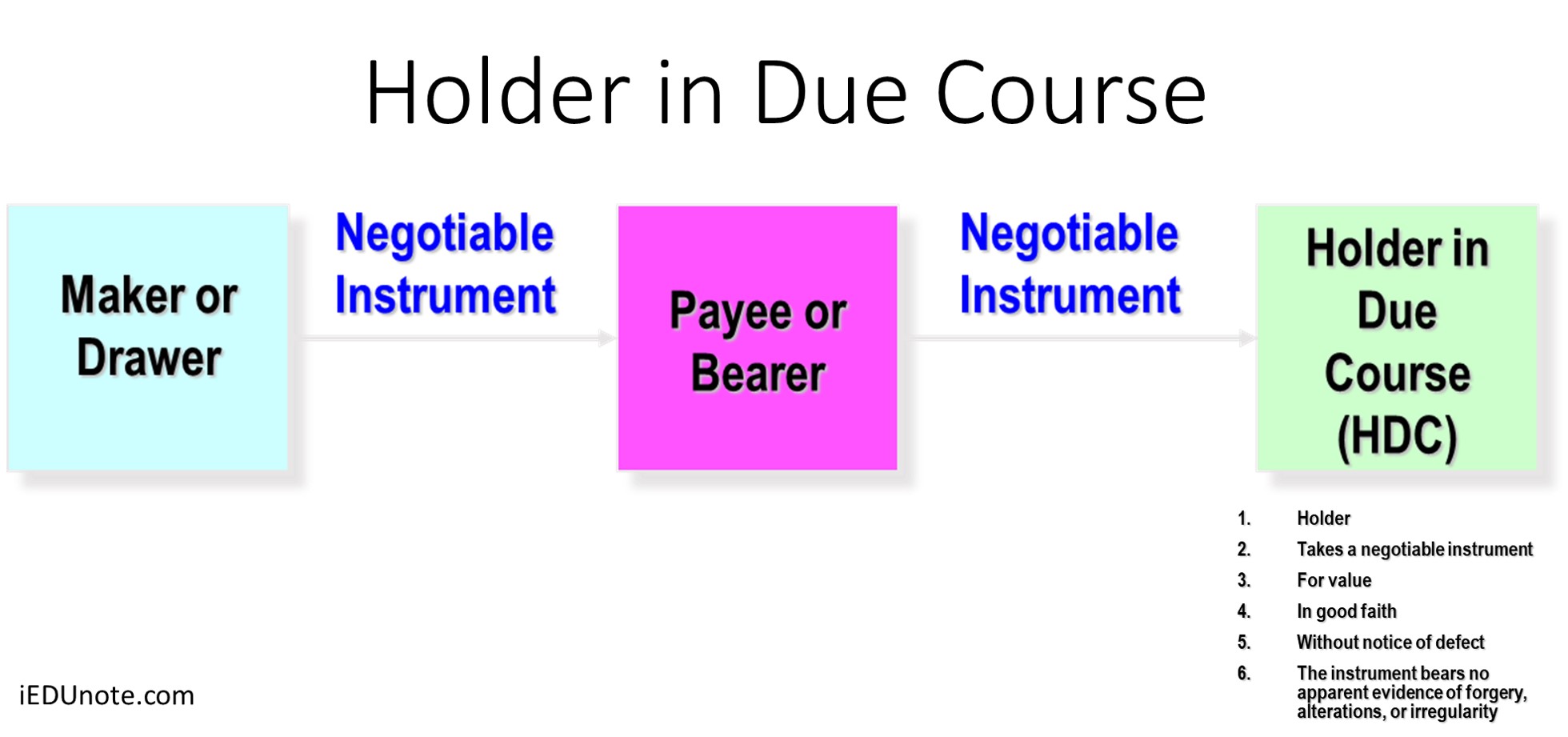
Self-insurance is one of the forms of planned retention by which the part or full of the exposure arising due to a risk factor is retained by the firm. Self-insurance programs differ from other programs in the sense of the formal arrangements made.
It acts as an alternative to buying insurance in the market, or when a part of the claim is not insured in the commercial market, it may be done by keeping aside funds to meet insurable losses.
The main reason for self-insurance is that the organization believes it has large funds for financial losses, and the opportunity cost of transfer is less than the cost of insurance.
Save transaction costs
It helps to save costs in the form of the amount payable to the insured for overheads and profits, commissions and taxes, and the social loading (arising from my statutory requirements) inherent in the premium.
Accuracy of predictions
The organization’s risk managers think they are better judges of adverse exposures and can estimate better than the insurers.
Investment of funds
Since insurance companies invest a large chunk of funds in various securities and the returns arising therefrom are not reflected in the rates charged by the insurers, the cost reduction becomes obvious for the insured.
Minimization of disputes
Self-managed funds enhance satisfaction to the insured and reduce conflicts in claims settlements.
Also, there is a direct incentive to reduce and control the risk. Self-insurance works most when a firm is financially strong.

![Types of Insurance Organizations [A Comprehensive Guide]](https://www.iedunote.com/img/259/types-insurance-organization-e1529504882393.png)